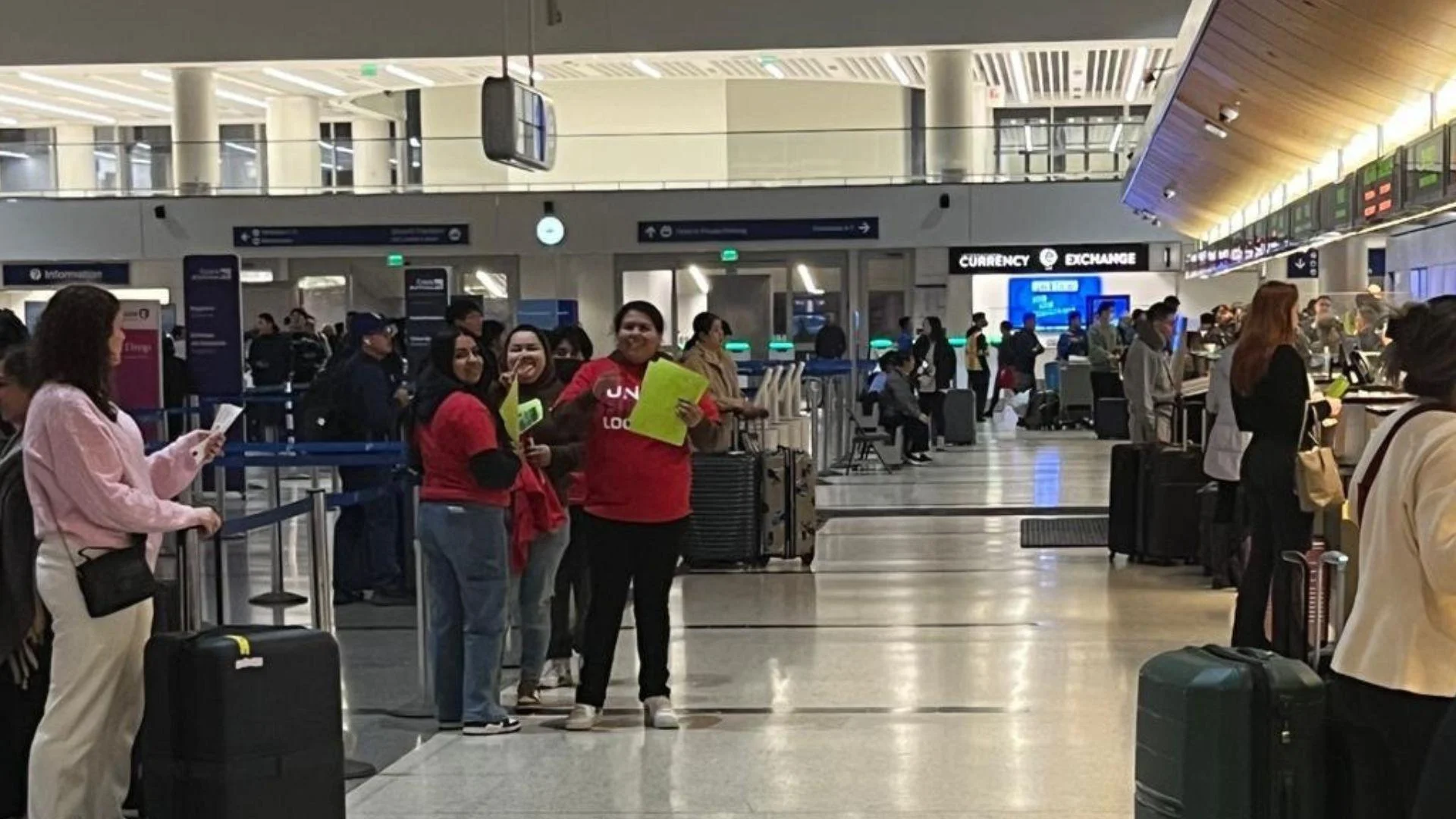Joby Aviation collaborates with Uber and Delta Air Lines to develop software that integrates with their apps. The goal is seamless travel from ground transportation to air taxi flights. Joby plans to begin service in Dubai by next year and expand to New York City, Los Angeles, and Florida.
“My dream is that significant portions of the population are moving around in the air on a daily basis,” Bevirt stated. “Aviation is not just for going across the country; it’s for being able to go across town.”
Despite its ambitious goals, Joby faces skepticism about its viability. Christian Scherer, CEO of Airbus Commercial, emphasized that building infrastructure and integrating flights into current air-traffic systems are significant challenges.
“It’s the ripeness and the readiness of it being operable; that’s the key,” Scherer said.
Joby remains ahead in the competitive air taxi sector with multiple test flights completed and ongoing work towards Federal Aviation Administration certification. However, financial hurdles persist as it has lost $1.6 billion over four years despite having $924 million remaining as of last quarter.
Klaus Roewe, CEO of Munich-based Lilium, criticized the term "air taxi" and emphasized regional or intercity travel over short-range flights. Lilium's vehicle seats six people and flies about 110 miles using 30 small electric engines enclosed in pods.
Lilium has also faced financial challenges, losing $1.4 billion since 2019 with only $212 million left last year. Roewe acknowledged their limited cash runway but mentioned potential funding from French and German governments.
Investor sentiment has cooled towards air taxi projects due to doubts about profitability. While initial markets may cater to wealthy clients, Bevirt hopes scaling up will make Joby's services broadly accessible and affordable within ten years.
Airbus' Scherer remains skeptical: “I think a lot of people are going to lose a lot of money.”
©2024 The Seattle Times. Visit seattletimes.com. Distributed by Tribune Content Agency, LLC.
 Alerts Sign-up
Alerts Sign-up




































